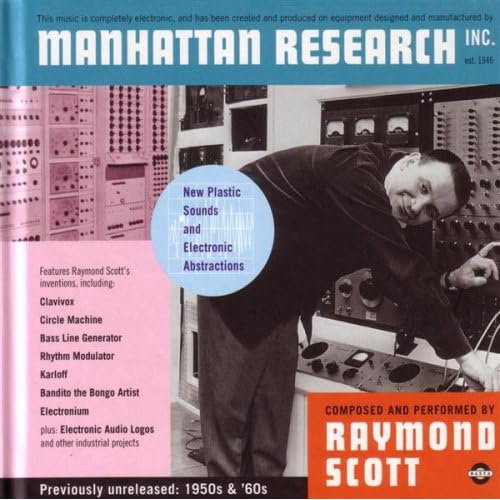For this installment of Staff Picks, please welcome today’s guest blogger, Philippe Bronchtein, ’10. Philippe works at the circulation desk in the Music Library, and is a Dance and Music joint major at Middlebury.
If you’re interested in this disc, or would like to see what student and full-time music library staff are listening to these days, stop by the Music Library in the CFA and take a gander at our staff picks rack near the Reference Desk!
—————————
Jim O’rourke – Insignificance
Jim O’rourke is a composer and producer whose worked with a huge variety of artists in several different genres. He was in Sonic Youth for a few albums in the early 90’s, He was in Loose Fur with Jeff Tweedy and Glenn Kotche, and has produced albums for bands and artists like Stereolab, Joanna Newsom and most notably Wilco.
So needless to say, the guy has an ear for good music and how to make it. I was first introduced to Jim O’rourke through the Sonic Youth album Murray Street which while incredibly melodic at times, still holds on to the invasive timbres Sonic Youth pioneered. I was surprised to find such a different sound on O’rourke’s solo efforts. The first O’rourke solo album that i heard was Eureka, a shiny pop album with receptive lyrics and wonderfully catchy hooks. It’s stood the test of a few years and different phases of genre interests as one of my favorite albums. It’s well conceived and well executed.
Insignificance taps into O’rourke’s alt-country tendencies with appearances from both Jeff Tweedy and Glenn Kotche.
The songs are pop songs at heart with a spacious production palette. The rock tendencies of Tweedy are heavily present with the guitar licks sprinkled over every song. Glen Kotche’s unique drumming sensibilities keep the tracks moving without ever allowing you to ignore the grooves he sinks into.
O’rourke’s voice is all over this album. While his voice isn’t the most incredible sounding thing around, his witty lyrics make up for it: “Those holes on your face could be used in better ways / breathings a distraction when your chattering away.” Lyrics like that coupled up with some impressive guitar work and clean production make for a really interesting recording.
Here is a youtube video with Jim O’rourke talking about his philosophy and technique concerning electronic music. He’s kind of a weirdo as you can tell from his interview, but he really knows his stuff.
[youtube jG6GfhLFXrs]
Standout tracks:
4) Memory Lane
6) Get A Room
7) Life Goess Off
Other Great Albums by Jim O’rourke:
I’m Happy and I’m Singing and A 1,2,3,4
Eureka
Halfway to a Threeway



You must be logged in to post a comment.